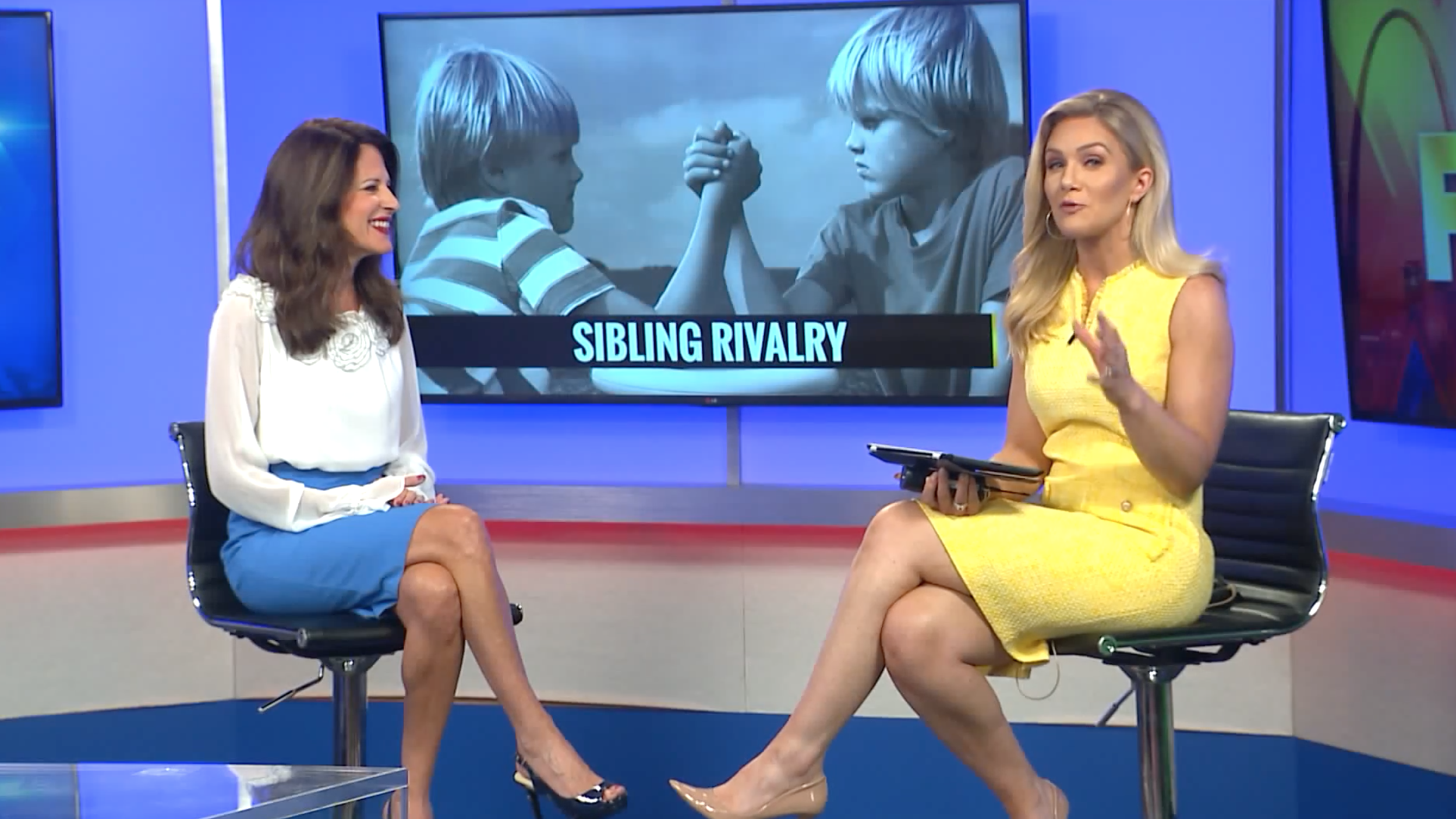“We almost break up every year after Christmas,” my client announced. “We go to multiple Christmas’s, and at the end, we’ll declare (if we’re not breaking up) ‘next year we’re leaving town.’” The holidays can be a loving, joyous time for couples, and yet, they can run our stress high and patience thin, trigger old family issues, highlight our different needs and approaches, and quite honestly awaken the “what about me” consciousness. All this can add up to a massive wedge in our most important relationship.
Sometimes our greatest angst comes from the gap between our expectations— the “should be’s”— and our reality right in front of us. Difficulties and unmet expectations are not only normal, but an inherent and valuable part of our “growing upward” in life. We become better, stronger from the challenges we face, especially when we own them! We create deep fulfillment when we dive into the darkness and bring out the Light. And anyone in a deep and lasting relationship should know the hard earned and quite miraculous process that it takes for two separate souls to un-peel their ego layers to become one.
Preparation is key for couples to navigate their relationship during the holidays, and this starts with a commitment to going into the holiday as partners. Many outside forces can invade your togetherness but the more you prepare, the more protected your bond will be. I like to suggest openly identifying the potential sources of strain or conflict that the holidays might pose. COUPLE EXERCISE #1: Take a look at this list below and scope out any hot buttons. Then use THE 4C APPROACH to strengthen your partnership.
List of Potential Stressors
Increased work load, feeling overwhelmed and not clear about how to divide and share the added tasks
Socializing differences (I don’t want the party to end vs I can’t wait to go home)
Loyalty to your family and pulled about dividing time among each side, and step families
Differences in culture, religion, or spirituality
Emotional pain and lack often stirred up from childhood making us more vulnerable and reactive
Certain people we are anxious to be around, like In laws or parents or siblings
Financial strain and different values on how much do we spend on gifts/food
Alcohol and the need to talk about consumption
Additional compounding life challenges like illness, loss, financial bills or work uncertainty
The 4C Approach to Closeness During the Holidays
1. CONSCIOUSNESS: Take Control of Your Holiday, Don’t Let the Holiday Control You
I learned from the great Kabbalist, Rav Berg, that “consciousness is everything.” Meaning, the seeds we plant with our thoughts and intentions directly influence what will grow and manifest. The first limiting thought to challenge is, “I don’t have control over my relationship, my holiday, my happiness.” Catch this one quickly and replace with, “I create my relationship, my holiday, my happiness.” Let’s take the client I spoke about earlier, who has made great strides in claiming her power. She now approaches the holidays as a spiritual growth game. Her intention has moved from how can I change my family or get them to love me to how can I see the good, be more compassionate and learn to listen. Further, how can I wake up and first thing, appreciate my partner. I love this story of taking control of your holiday, your relationship…your life.
2. COMPASSION: Accept Yourself, Your Partner, Your Reality With Love
Acceptance and compassion go hand in hand, and paradoxically, they provide the best platform for making personal changes and inspiring others to change. To embrace and be with your self, your beloved, and your unique reality together— with acceptance and trust that for good reason, you need to be here in this moment—this opens your heart, and you can just feel the lightness pour in. If you’re feeling heavy or emotionally reactive, a pause is a must. Sometimes that means stepping away from your partner, taking a shower, going for a walk, looking at the sky, sharing in some way—these can all shut down the limiting force of the ego and make room for the bigger picture. Set your intention to awaken compassion within, beg if you have to, and do for yourself that which brightens your soul. I’m a huge fan of self compassion. As Louise Haye says so well, “Loving others is easy when I love and accept myself.”
3. COLLABORATION: Go Into the Holiday as Partners
When we choose to invest in a committed relationship, our lives become interdependent. Our togetherness becomes an entity. If one partner’s gain puts a hole in the galley, then the whole relation”SHIP” goes down. This puts us in a vulnerable position, because we must create a oneness when we often have divergent needs or desires. But this is the beauty in the dance of love and intimacy—navigating our own individuality alongside our growing capacity to care more for the other’s happiness than for our own. Taking it one step at a time, we can use the holidays to begin negotiating and taking turns when our own dreams and desires don’t line up. This collaboration can center around conversations (be careful they’re not “controler-sations”) on the following kinds of topics:
Effectively sharing and negotiating the additional workload common during the holidays
Respectfully considering the traditions and values from each partner when creating your own
Balancing the religious and spiritual meaning and practices associated with the holiday
Showing care and support when our partner’s are stressed or emotionally vulnerable. “This means being supportive, even if you think his or her perspective is unreasonable,” (Dr. John Gottman)
Being sensitive to personality differences when it comes to attending parties and gatherings
4. COMMUNICATION: Calmly Make Sure Both Are Heard
One of my favorite communication exercises to do with couples in my practice is the Dream Catcher by Dr. John Gottman. It’s a turn taking, structured exercise that with great practice and self control can become more integrated into how we relate to our partners. Rather than pushing our point, calling the other out in some way, the focus is on creating a safe haven of authenticity where each partner feels seen and heard. The listener spends around 10-15 minutes asking questions like:
What do you feel about this issue?
Is there a story behind this for you?
Does this relate to your childhood or background in some way?
What do you need with this issue?
Tell me why this is so important to you?
What do you wish for?
What would be your ideal dream here?
Is there a fear or disaster scenario in not having this dream honored? having this dream honored?
Is there a deeper purpose or goal in this for you?
COUPLE EXERCISE #2: Pick one of the hot buttons that stood out from the list of stressors above and take turns being the speaker and the listener. The problem might not be solved, and that’s okay. The purpose is to care enough to catch one another’s real dream and desire. Many need a counselor to help prepare them for this level of listening. You’ll know you are ready for this exercise as a couple if after your heart is filled with love and you feel closer.
Below is the FOx2am show on this topic; and here are 2 links with communication resources. Communication and fighting fair tips, and more about the Dream Catcher.



















